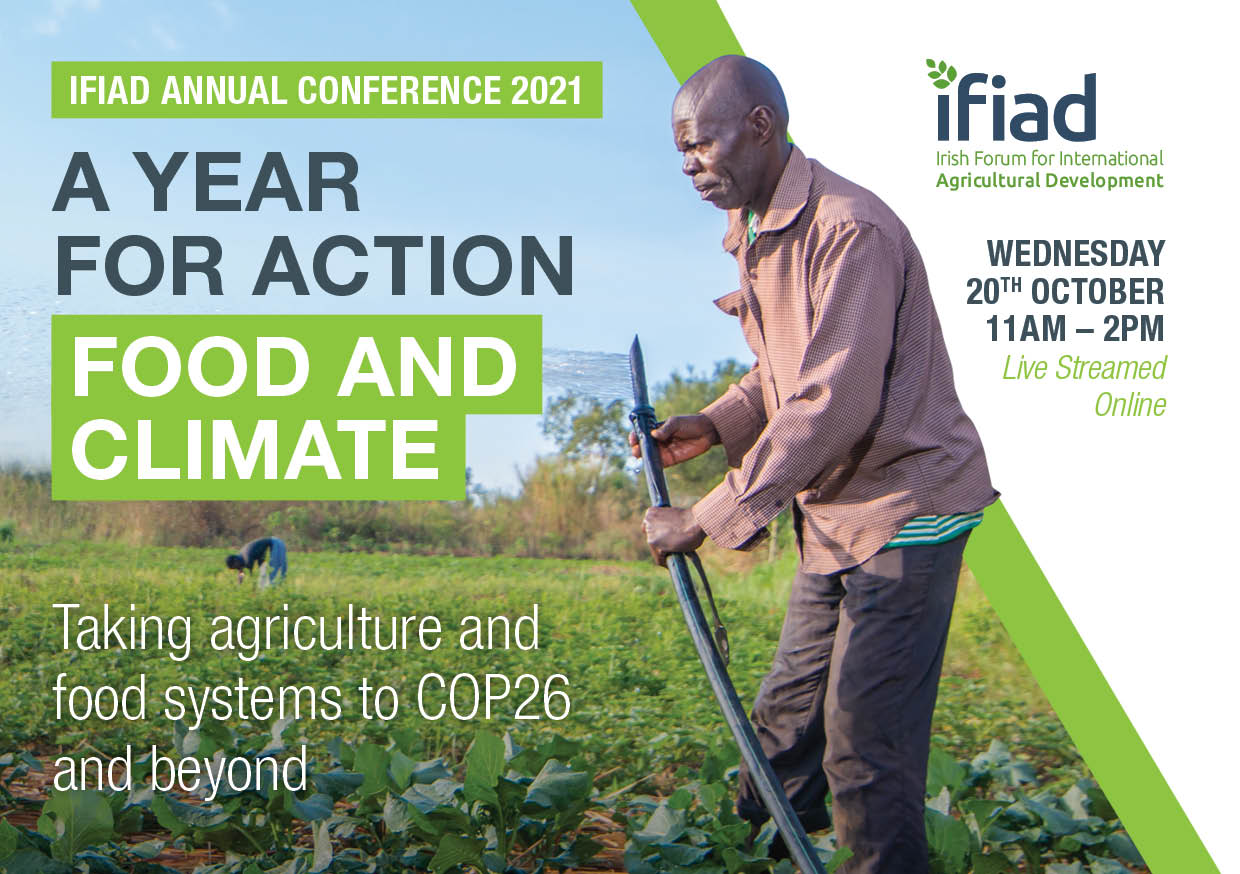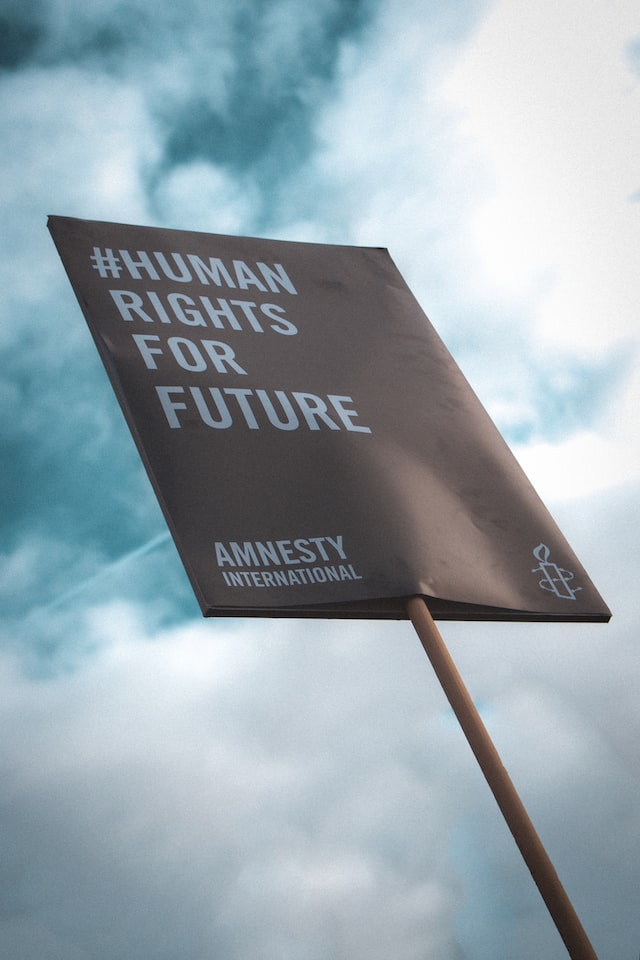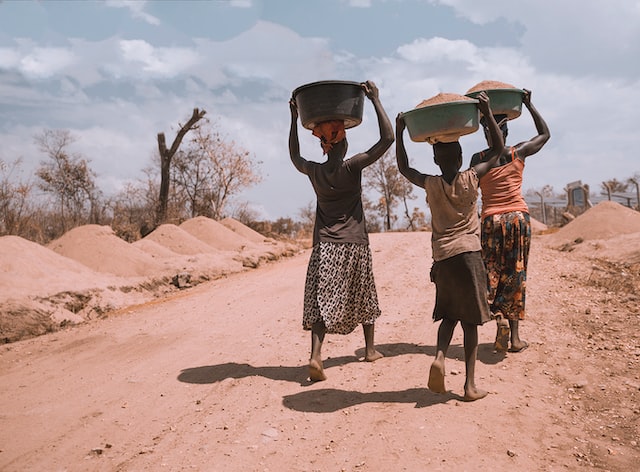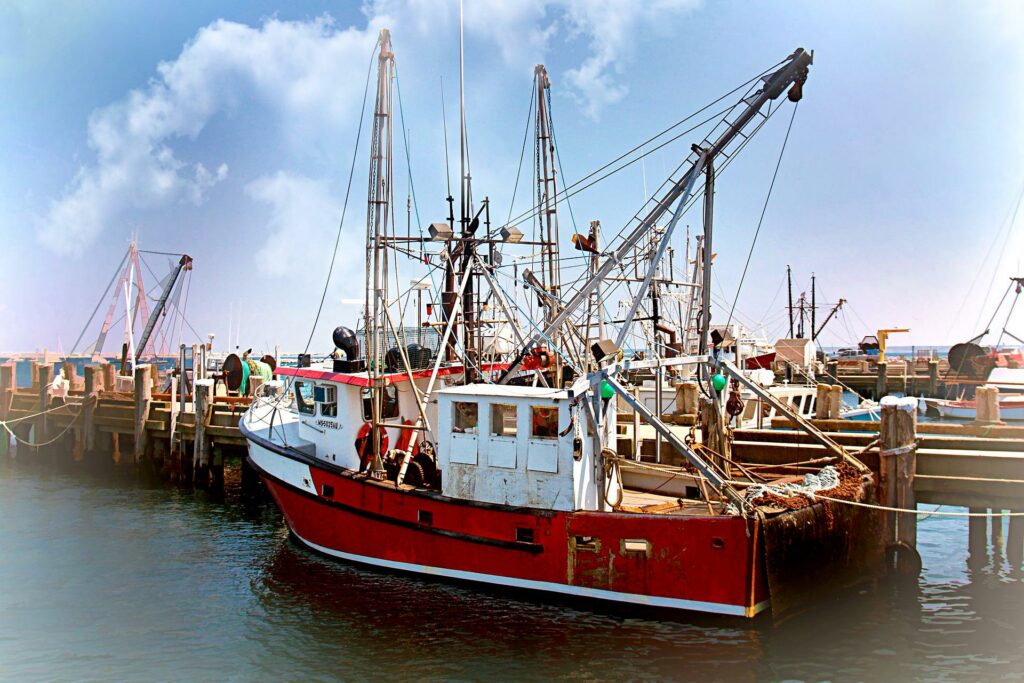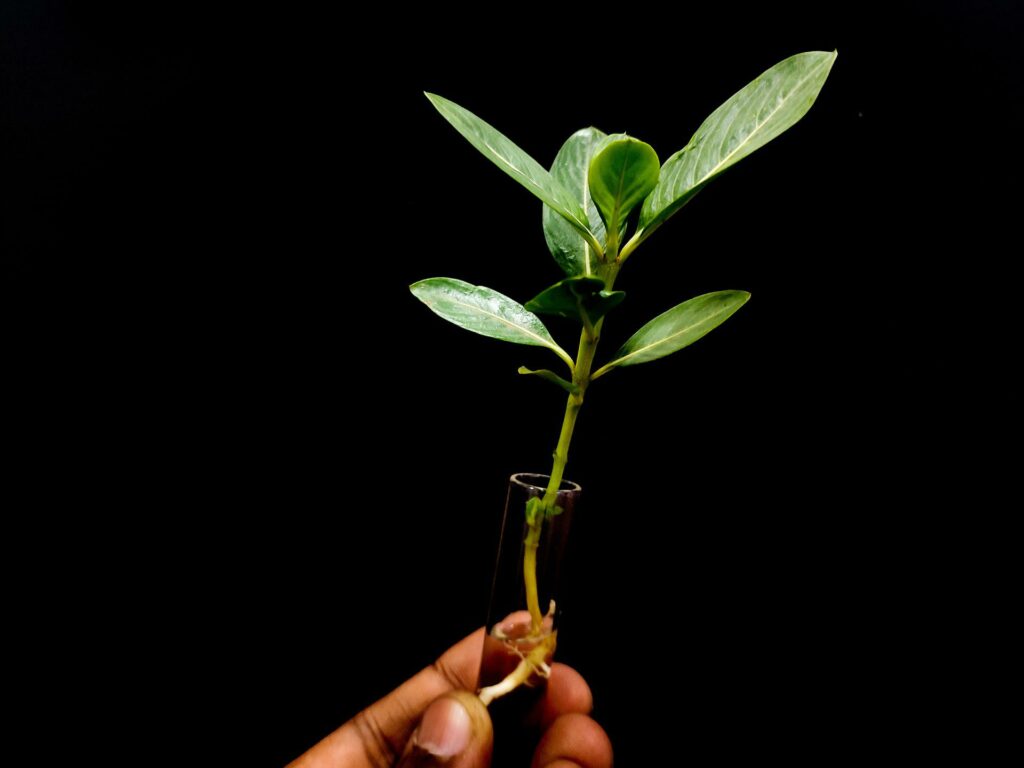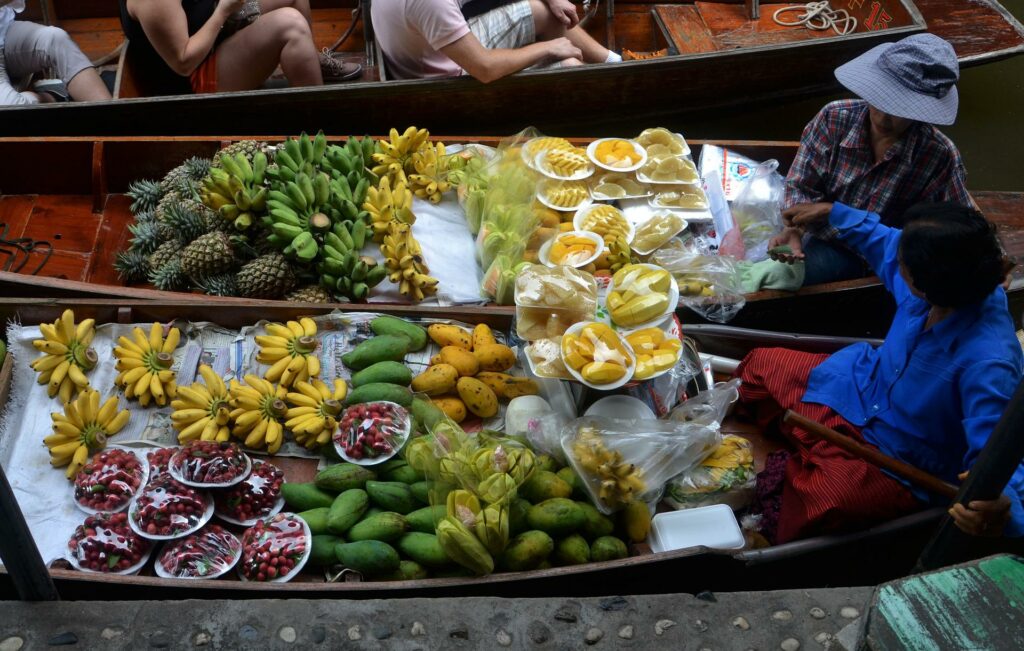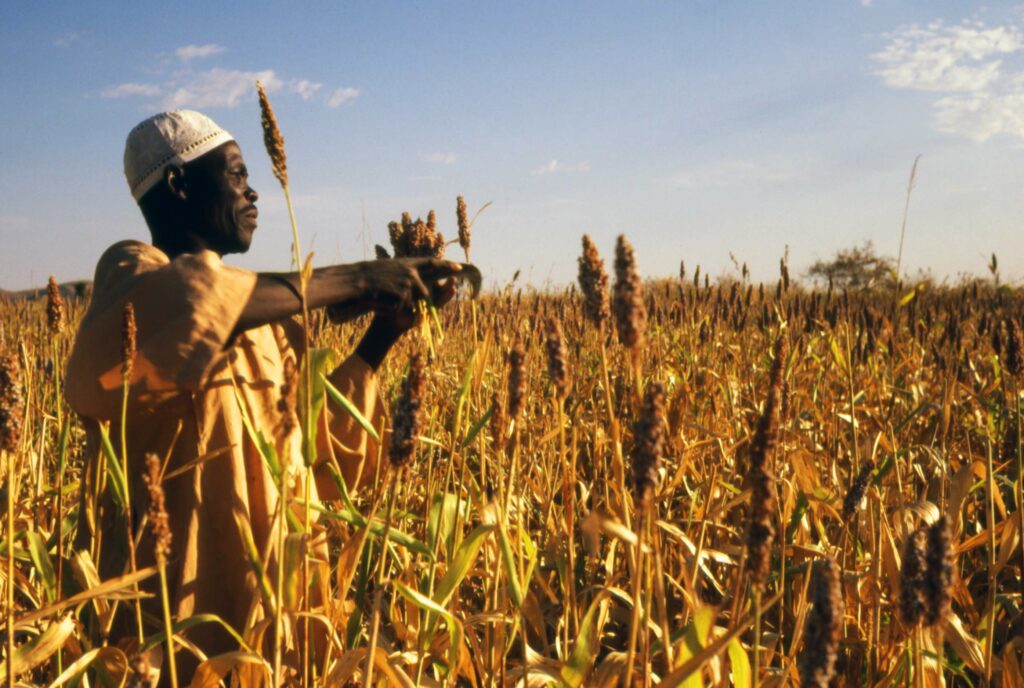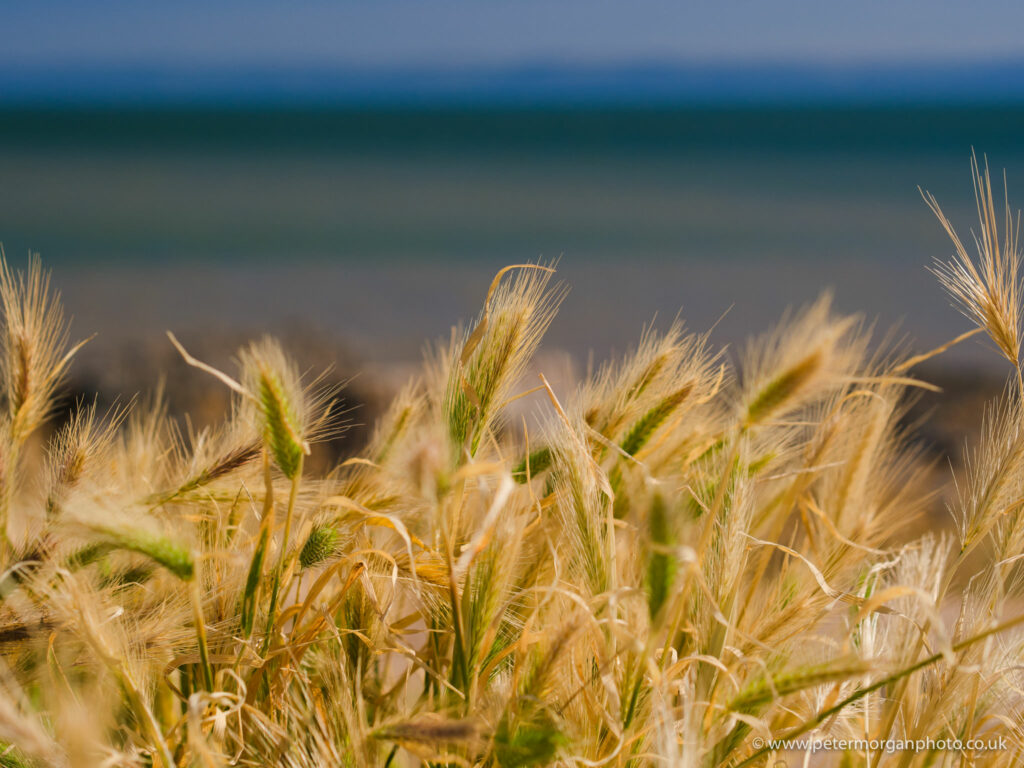
Severe heatwaves in India – challenges to global food security?
Credit: Mooganic @ Flickr.com
India has broken all previous known record temperatures and it has occured far earlier than previous years with the country already experiencing multiple heatwaves since March and we have not even entered the peak summer months yet. In the next series of blogs I want to explore the current trends in food security and how the current state of global politics and the ever worsening impacts of climate change are pushing global food security ever further into the danger zone.
Temperatures in India have peaked at a record 49 Degrees Celsius and this bodes terribly for the future of wheat harvest in India. According to news pieces such as the Atlantic, India has been lucky that the majority of the Wheat harvest has been collected already so there is still a surplus of grain this year, however as a protective measure the Indian government is still halting wheat exports which may have a significant impact on global wheat supplies as it is the second largest exporter in the world.
What these series of heatwaves are showing is that this is likely going to be the norm carrying forward and if the heat waves come even sooner next year there is a very real possibility that the wheat crop could suffer severe heat stress before the wheat actually forms and wheat havrests could be terrible. This trend highlights that not enough is being done to curb human impact on climate change and that our continued use of fossil fuels is likely to lead us to a path far exceeding 1.5 degrees of global warming.
Ofcourse there are some critics who say India is in part a major contributer to this and that they are a major user of coal to generate power so, the heatwaves in a sense is their own doing. This is not a fair judgement in my opinion as the DW news channel has pointed out Indians per capita still have a far smaller carbon footprint than their western counterparts.
Regardless, this years heatwaves are likely a small taste of what is to come and Asia and the world must start looking at immediate actions that can be taken to mitigate loss to harvest and secure global food security under the new reality of a more inhospitable planet.
Sources:
References
Bonasia, C., 2022. India Halts Wheat Exports to Protect Food Security as Southeast Asia Faces Deadly Heat Wave – The Energy Mix. [online] The Energy Mix. Available at: <https://www.theenergymix.com/2022/05/16/india-halts-wheat-exports-to-protect-food-security-as-southeast-asia-faces-deadly-heat-wave/> [Accessed 20 May 2022].
DW News, 2022. India swelters in severe, unusually early heat wave, worsened by climate change. Available at: <https://youtu.be/IRGG6i_kirA> [Accessed 20 May 2022].
Hrishikesh, S. and Sebastian, M., 2022. Delhi suffers at 49C as heatwave sweeps India. [online] BBC News. Available at: <https://www.bbc.com/news/world-asia-india-61242341> [Accessed 20 May 2022].
Meyer, R., 2022. Wheat Can’t Catch a Break Right Now. [online] The Atlantic. Available at: <https://www.theatlantic.com/science/archive/2022/05/india-pakistan-heatwave-wheat-economic-costs/629753/> [Accessed 20 May 2022].
